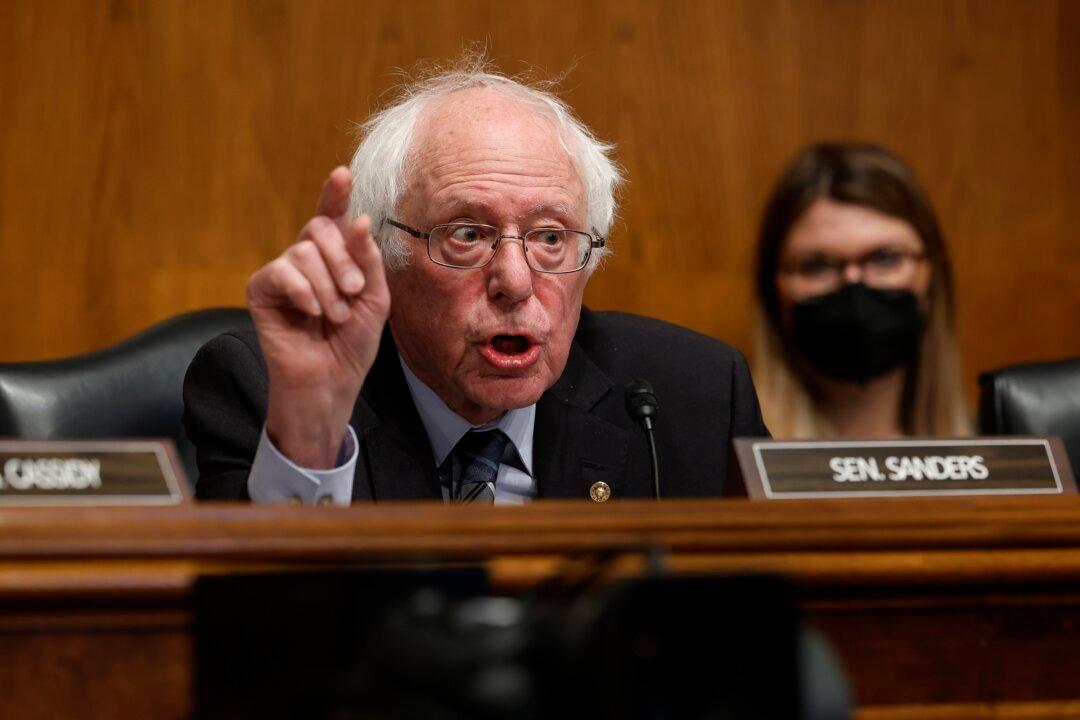Sen. Bernie Sanders (I-Vt.), in a bid to curb the growing diabetes crisis gripping the country, says the food and beverage industry should not be able to target kids with advertising for unhealthy products.
The senator made the remarks at a Dec, 14 hearing before the Committee on Health, Education, Labor & Pension, which he chairs. The session cast a spotlight on the monetary gain experienced by companies marketing unhealthy foods, particularly those targeting children.





